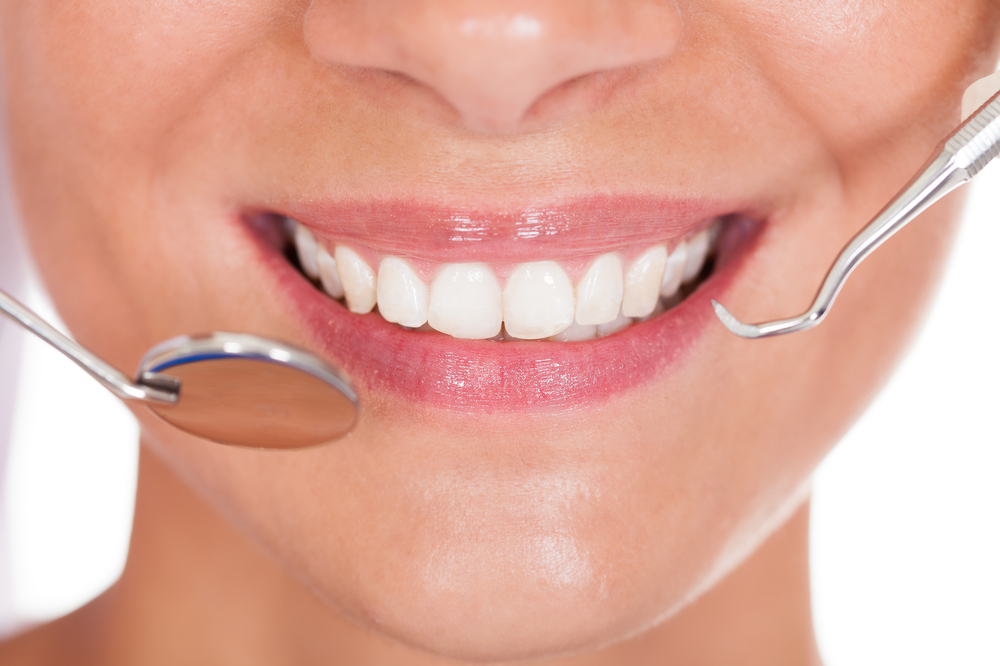 Our teeth are at constant risk of tooth erosion. Caused by factors such as foods, poor oral hygiene, and the simple act of chewing, tooth erosion can lead to major dental health problems. Fortunately, restorative dentistry treatments can be performed to repair the damage caused by tooth erosion. While there are options to repair the damage caused by tooth erosion, preventing tooth erosion and its associated oral health problems to begin with is ideal. Learn more about the causes of tooth erosion and available treatments in this overview from Rancho Santa Margarita dentist Scott Karafin.
Our teeth are at constant risk of tooth erosion. Caused by factors such as foods, poor oral hygiene, and the simple act of chewing, tooth erosion can lead to major dental health problems. Fortunately, restorative dentistry treatments can be performed to repair the damage caused by tooth erosion. While there are options to repair the damage caused by tooth erosion, preventing tooth erosion and its associated oral health problems to begin with is ideal. Learn more about the causes of tooth erosion and available treatments in this overview from Rancho Santa Margarita dentist Scott Karafin.
What Causes Tooth Erosion?
Tooth erosion, which is the wearing away of the tooth’s protective layer of enamel, naturally occurs from the general wear and tear of biting and chewing. However, certain habits and conditions can speed up this process, resulting in tooth decay, root canal infections, or even tooth loss. Some of these causes include:
- Acidic foods and drinks: Acids found in foods and drinks can erode the tooth’s enamel. When consumed regularly, tooth erosion can occur quickly. Avoid highly acidic foods and drinks like sodas, citrus, wine, and coffee to reduce your risk of tooth erosion.
- Foods and drinks high in sugar: Foods and drinks high in sugar also increase the risk of tooth erosion. This is because the bacteria in plaque feed on sugar. As the bacteria digest the sugars in our mouths, they excrete acid, which leads to tooth erosion.
- Dry mouth: Dry mouth is a condition in which inadequate saliva is produced and can increase the risk of tooth erosion. Saliva is important to oral health because it helps to wash away food remnants from our teeth, and it neutralizes the acids within our mouths. When insufficient saliva is produced, acids and sugars are left to wreak havoc on the teeth.
- Acid reflux and frequent vomiting: Conditions that allow stomach acids to come into contact with the teeth, like acid reflux and frequent vomiting, can increase the risk of tooth erosion.
- Brushing too hard: It may seem counterintuitive, but brushing too hard can actually be harmful to the tooth’s enamel. Brushing with too much pressure, abrasive toothpaste, or a hard-bristled brush can all wear the enamel away as a result of friction.
- Chronic teeth grinding: Teeth grinding subjects the teeth to regular friction, which can lead to tooth erosion.
Tooth Erosion Treatments
You can help reduce the risk of tooth erosion by limiting your intake of sugary, acidic foods and practicing proper oral hygiene. Gently brush your teeth at least twice a day for a full two minutes each time, and floss at least once a day. Also, be sure to see your dentist for regular check-ups and cleanings to catch any oral health issues at their earliest stages. If you suffer from conditions like acid reflux, dry mouth, or teeth grinding, these underlying causes should be treated to prevent further erosion.
Once tooth erosion is detected, it should be treated as soon as possible to prevent further damage. Some treatments for tooth erosion include:
- Tooth-colored fillings: Tooth-colored fillings can be used in place of traditional metal fillings to restore the appearance and health of damaged teeth.
- Porcelain crowns: In cases of severe damage or when large fillings are required, porcelain crowns are a great option to restore the strength and appearance of injured teeth.
- Inlays and onlays: Inlays and onlays are a great solution for those who suffer from dental damage too severe for dental fillings but not severe enough for dental crowns. Both inlays and onlays are offered in tooth-colored treatments for a flawless finish.
Schedule a Consultation
For more information about tooth erosion and your treatment options, we invite you to schedule a consultation with Dr. Karafin.

